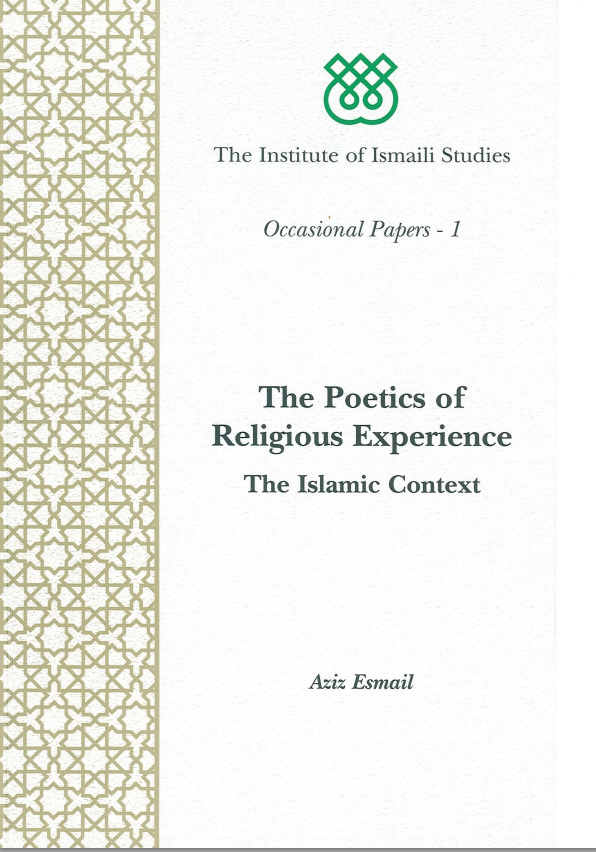The poetics of religious experience investigates creativity of a particular kind, namely explorations in the language of symbols and metaphors, which constitute the core ideas and vision of a religious tradition. In the context of religious experience, creativity resides in the symbolic process. The relationship between myth or symbol and conceptual or analytical thought is full of inner tension. It is this very tension which is a fount of creativity. The unfolding of thought from image is a never-ending process. It is a continual creation of meaning, where one form supersedes another in step with life’s onward-bound journey, personal as well as collective.
In examining the symbolic and imaginative features of the poetics of religious experience, the author of this essay draws attention to a number of critical issues – literary, philosophical, and historical – which lie behind various interpretations of Islam, and their relevance to the intellectual needs of the Muslim world today. Although these themes are addressed in the Islamic context, they are, in fact, of seminal importance to the more general problem of knowledge and interpretation, and in the wider field of comparative religion, human psychology, and culture.
Aziz Esmail, who read Literature and Philosophy and obtained a doctorate in Islamic Studies at the University of Edinburgh, was for several years a lecturer in Philosophy and Religion at the University of Nairobi in Kenya. He subsequently held positions in various universities in the U.S.A. He was associated with the Committee on Social Thought at the University of Chicago, and later, at Harvard, with its Center for the Study of World Religions and Graduate School of Education. He now lives in London, where he is the Dean of The Institute of Ismaili Studies.

